A Shy Penguin Wins New Zealand’s Bird Election Amid Memes and Tattoos
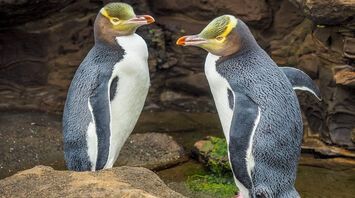
New Zealand's Bird of the Year, the hoiho, or yellow-eyed penguin, emerged victorious. This shy, smelly bird offers hope to its supporters and highlights the need for awareness of this endangered species.
The election campaign stood out this year. It avoided the foreign scandals of previous polls. Campaigners focused on traditional tactics, like launching meme battles, securing celebrity endorsements, and getting tattoos to show loyalty.
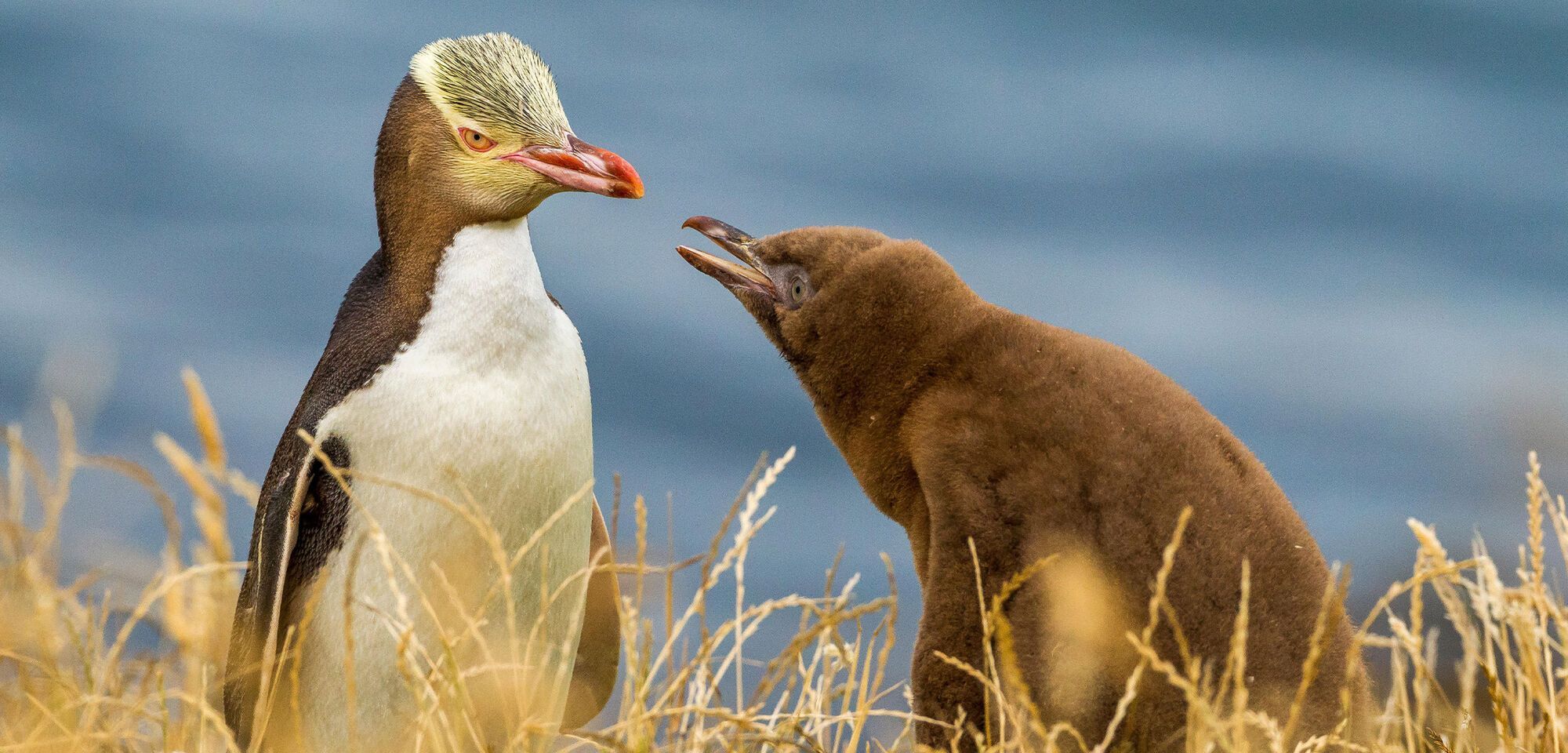
Over 50,000 votes were cast this year. This number dropped by 300,000 compared to last year, when a campaign run by British host John Oliver humorously pushed the pūteketeke to a landslide win. This year, the votes cast reflected about 10% of New Zealand's population, emphasizing the country’s strong love for native birds.
"Birds resonate deeply with us," noted Emma Rawson. She supported the ruru, or a small brown owl, which placed fourth. The nation's only native mammals are bats and marine animals, leaving birds as the prominent focus for many residents.
The hoiho, directly translated to "noise shouter" in Māori, is the world’s rarest penguin. It only resides on New Zealand's South and Chatham islands and nearby subantarctic islands. Its numbers have decreased by 78% within just 15 years.
"This spotlight comes at a crucial time," said Nicola Toki, chief executive of Forest & Bird — the organization overseeing the poll. The hoiho faces drowning in fishing nets and struggles to find food. Toki expressed hopes that this campaign raises tangible support for the species.
Charlie Buchan, the campaign manager, echoed Toki's sentiments. He mentioned that while the bird's situation is dire, several high-profile endorsements, including Jane Goodall and two former prime ministers, boosted visibility.
Bird campaign managers, including power companies and high school students, applied to Forest & Bird for participation. The coalitions supporting the hoiho featured wildlife groups, a museum, and even a brewery — all based in Dunedin — which also serves as the penguin's habitat. Their diverse support characterized the year’s most robust campaign.
Emily Bull, spokesperson for the karure, felt like an underdog. The karure, a small black robin unique to Chatham Island, reached second place. Bear in mind, the students’ association at Victoria University of Wellington directed this bid.
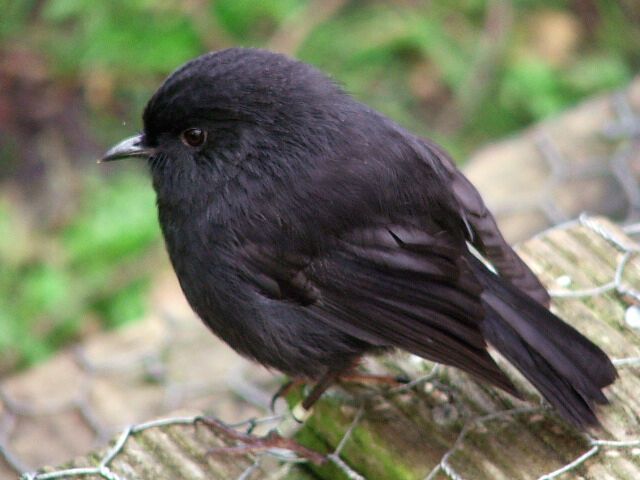
A fierce rivalry sparked on campus. The student magazine campaigned for the kororā, little blue penguin, leading to a spirited meme war. Bull described the experience vividly, noting that several participants got tattoos for their cause.
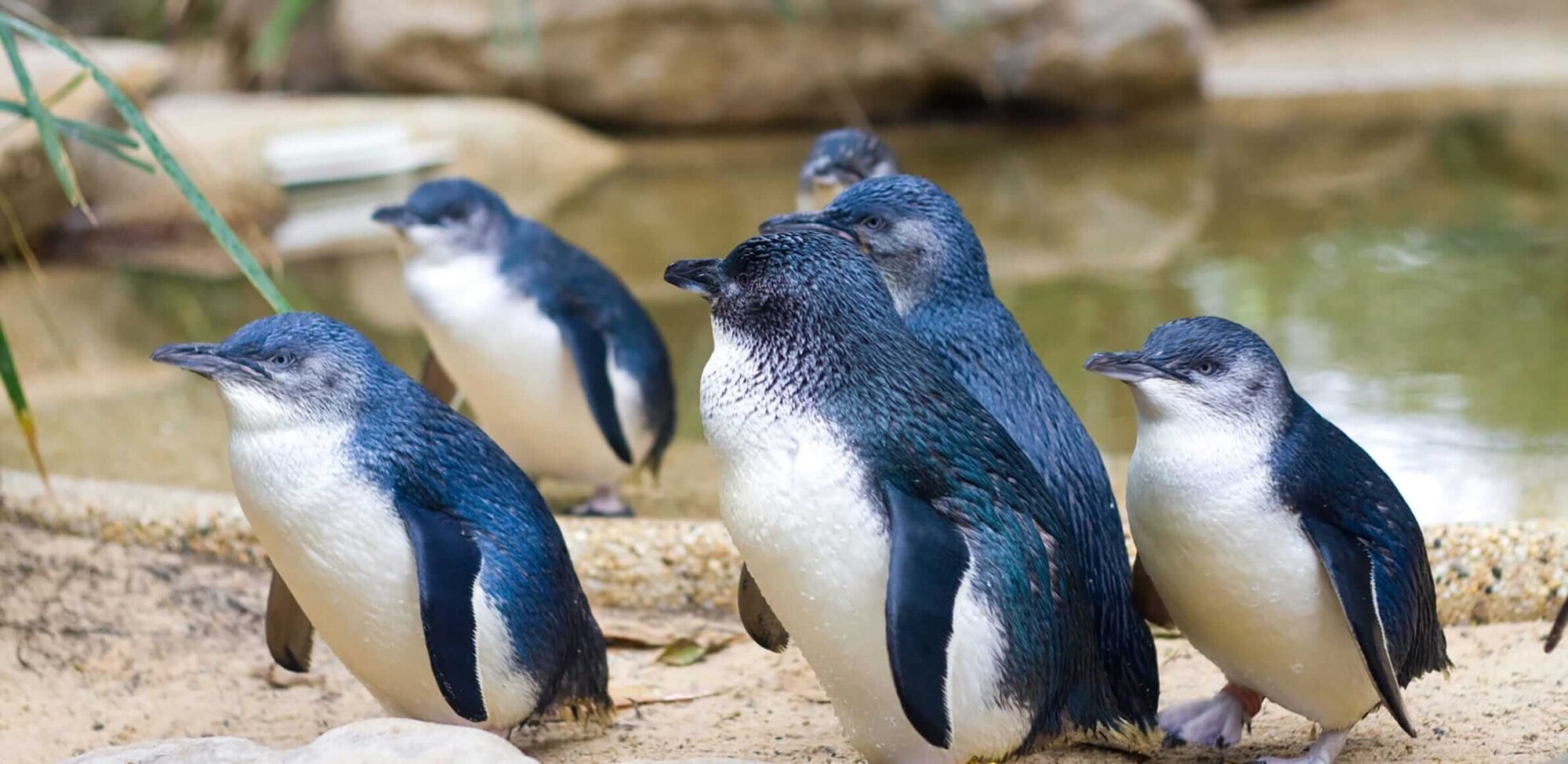
As Rawson concluded her campaign for the ruru, outreach efforts took her to a local dog park for votes. She earned her best-ever result with fourth place. The seasoned manager felt that this year's election had a quieter, more focused tone.
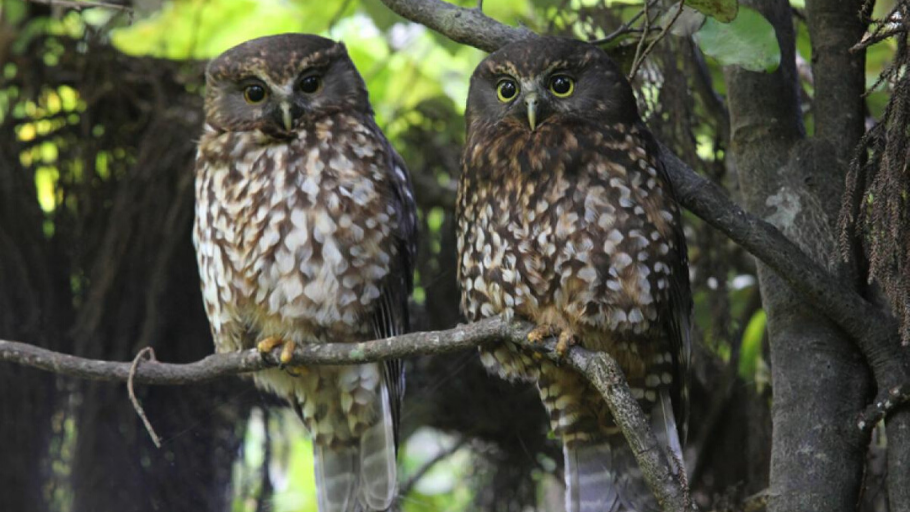
Rawson, who has experience in promoting various birds over the years, appreciated the fundraising benefits and awareness such campaigns generate. She expressed relief that this year's contest was free of international interference, reminiscing about the excitement surrounding Oliver’s past campaign.
Looking at past controversies, Forest & Bird has changed some voting rules. After experiencing Welsh interference, voters must verify their ballots. In 2018, Australian pranksters cast fraudulent votes, prompting criticism.
While elections continue to foster competitive energy, campaign managers likened tactics used to elements found in scripted pro wrestling rather than typical contentious politics. "Community support is lively and warm," Bull shared, emphasizing the camaraderie among campaign managers.



















